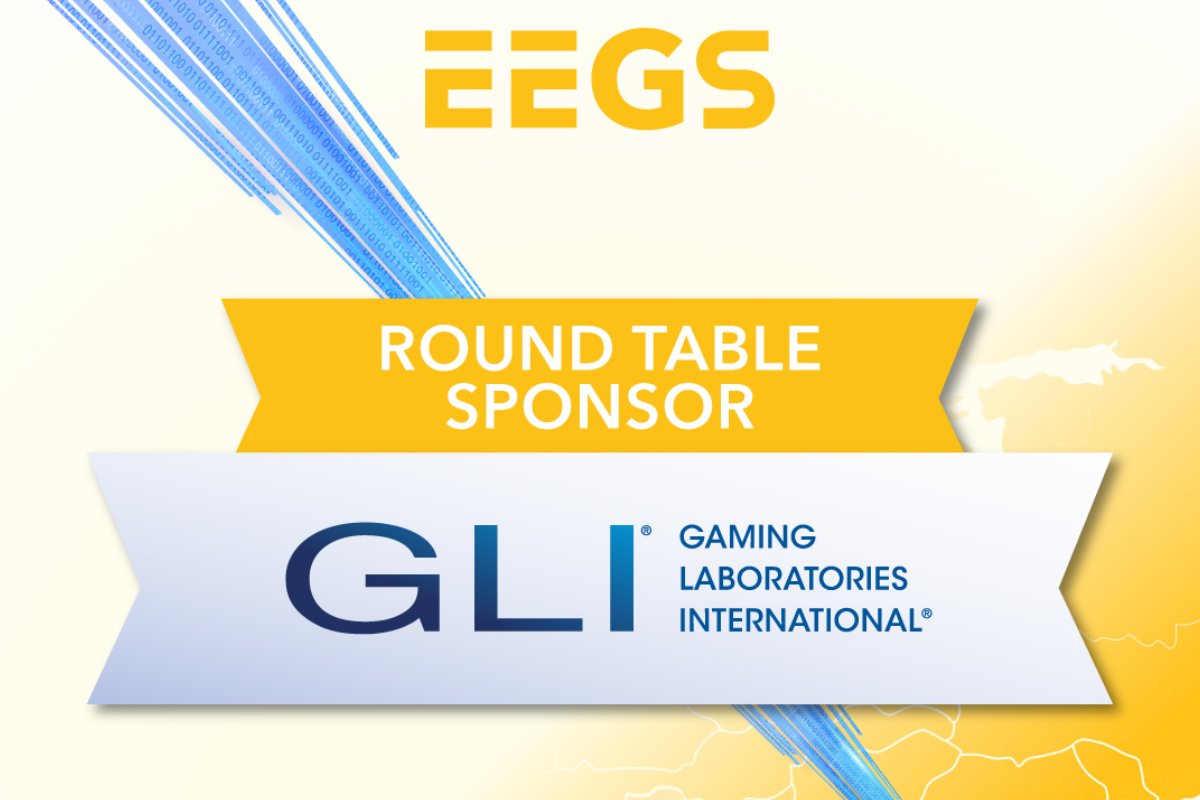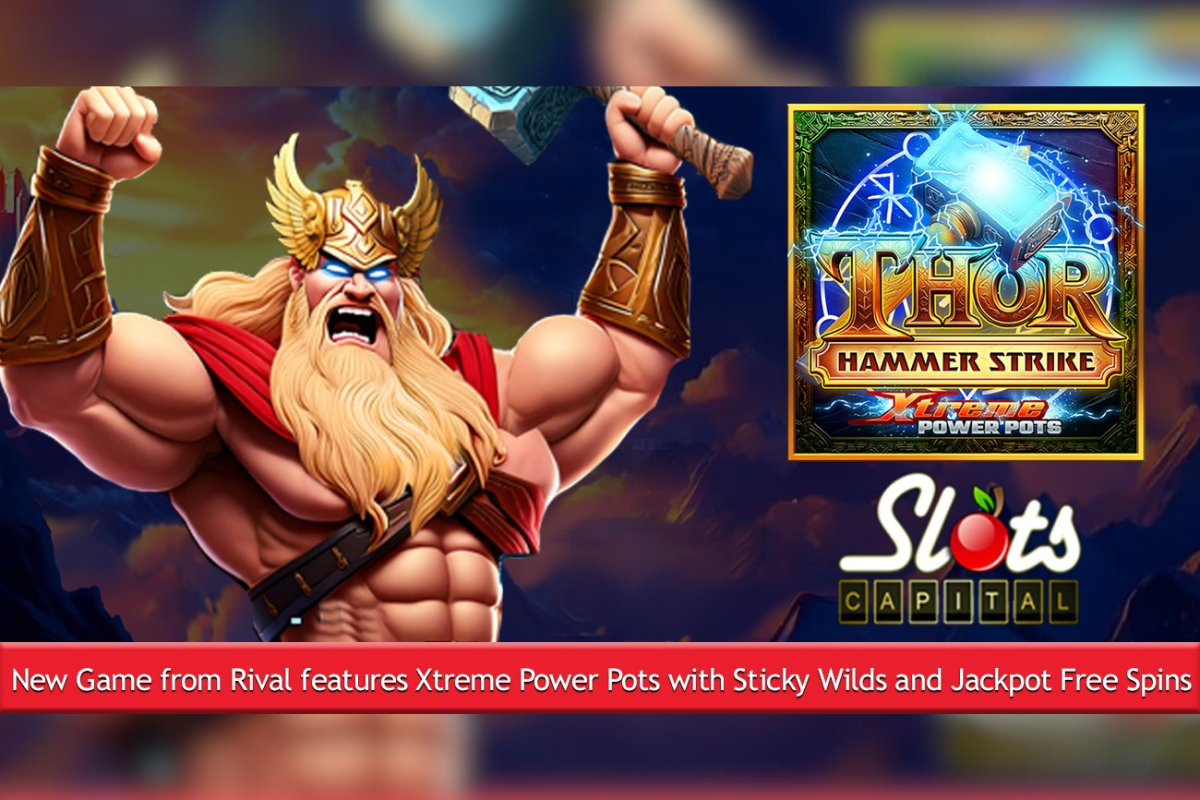Compliance Updates
Valve alters Dota 2 loot boxes to comply with Dutch regulation
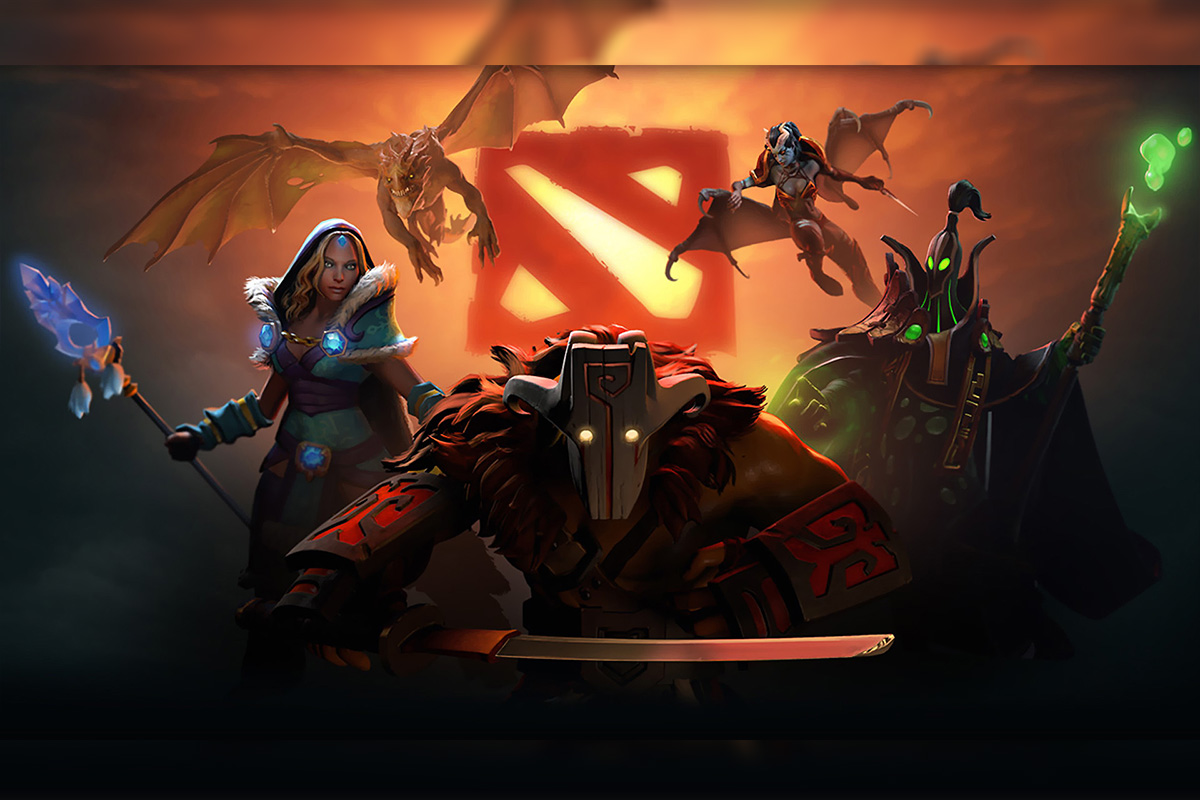
The US games developer Valve has altered the way the Dutch players can interact with and purchase loot boxes. The changes have been introduced after complaints were lodged by the Netherlands Gaming Authority about a couple of games, Dota 2 and Counter-Strike: Global Offensive, for violating the country’s Betting and Gaming Act.
A Reddit user first reported the changes: the new system present in Dota 2 displays exactly what in-game gear is contained within the next loot box purchase, though players can now only purchase one box at a time. Despite the change, Dutch players are still unable to use the Steam Marketplace.
Valve originally pulled loot boxes and blocked access to both trading and the Steam marketplace for Dota 2 and CS:GO players based out of the Netherlands and Belgium following notices sent by the gaming authority in April. According to the organisation, loot boxes do not necessarily violate Dutch law, but systems that ascribe some sort of real-world value to the items gained through those chance-based purchases like the Steam Marketplace are enough to tip in-game loot boxes into legally dubious territory.
Following the gaming authority’s complaint, Valve stated that it “[doesn’t] understand or agree with the Kansspelautoriteit’s legal conclusion” and was working with both legal counsel and the authority itself to look into possible solutions.
In the months since, Valve has brought trading and Steam Marketplace access back to CS:GO for players in both the Netherlands and Belgium, though loot boxes still remain unavailable for players in that region. For Dota 2, however, Valve seems to have implemented a completely different solution that does the opposite by reenabling loot boxes with the new item lists and opting to keep both Steam Marketplace and trading disabled.
Source: gamasutra.com
-

 Asia4 days ago
Asia4 days agoDigital gaming disruption tackled in 1st AsPac Regulators’ Forum
-
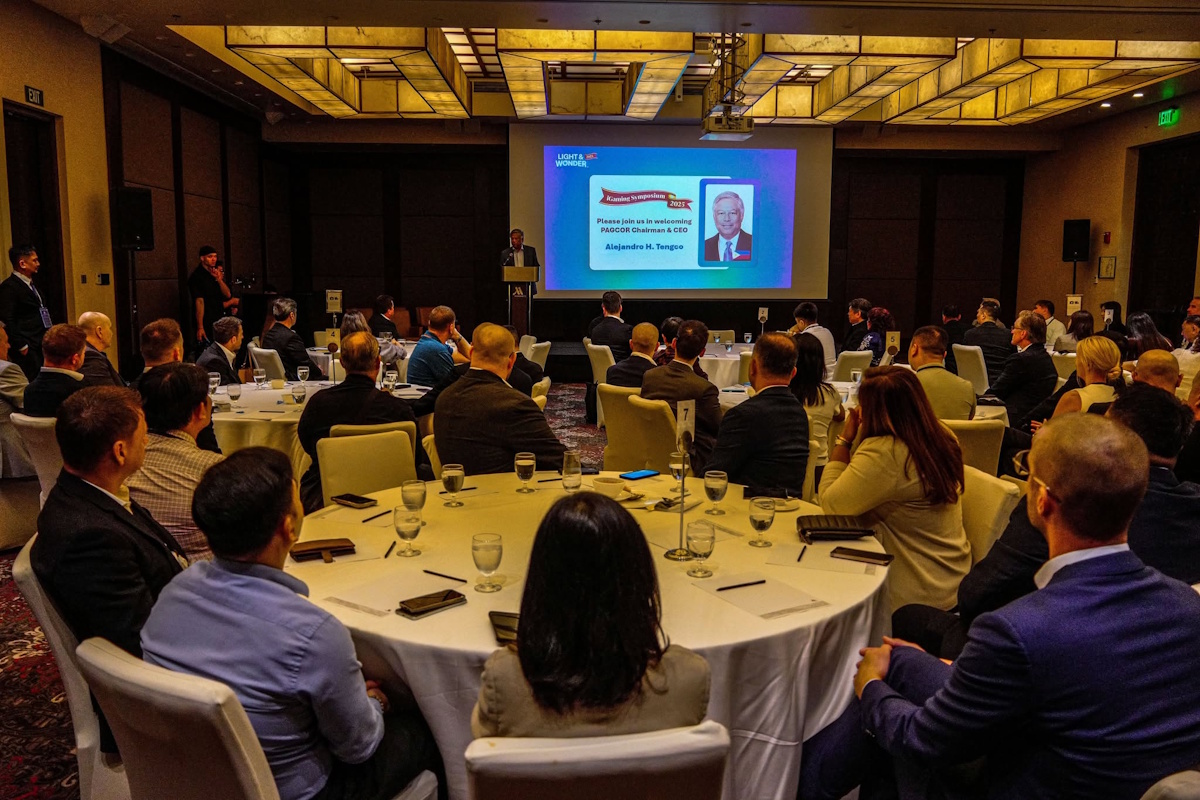
 Asia7 days ago
Asia7 days agoPAGCOR chief pushes for stricter regulation, not online gaming ban
-
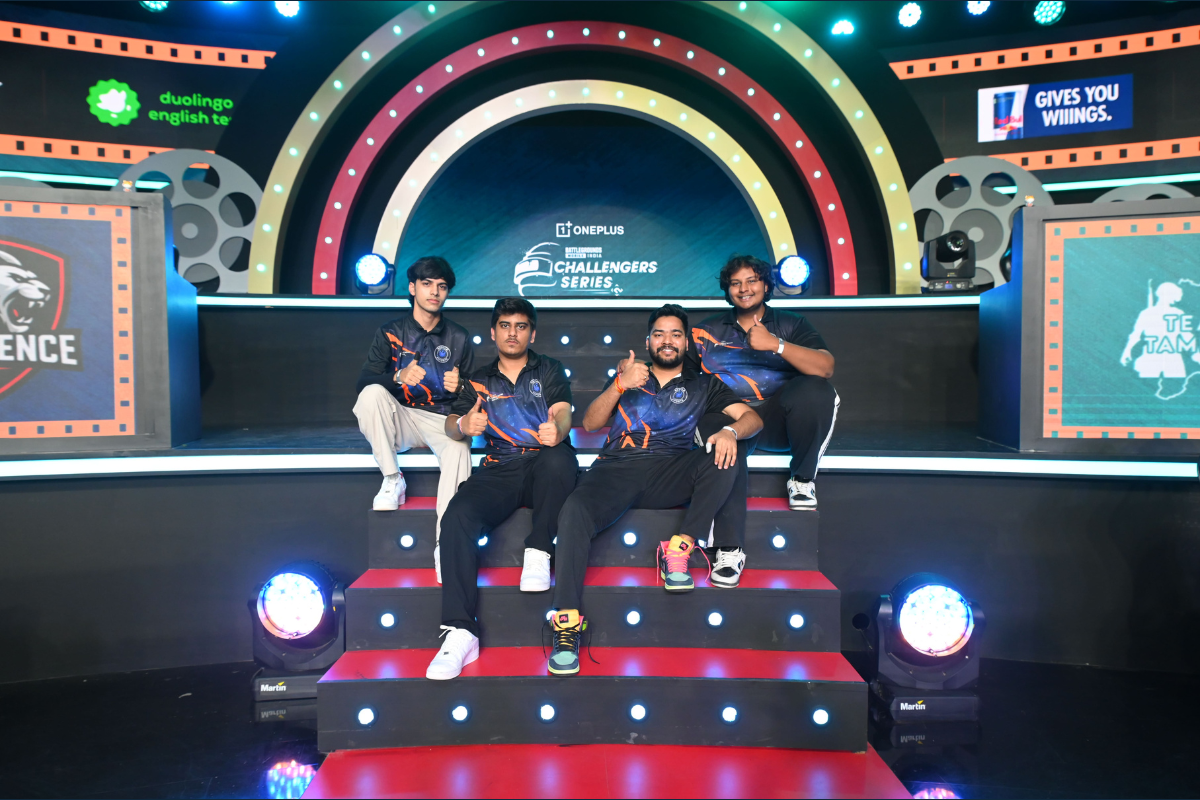
 Asia6 days ago
Asia6 days agoBGCS and BGMS league stages conclude; rising stars set to meet pros in the playoffs
-
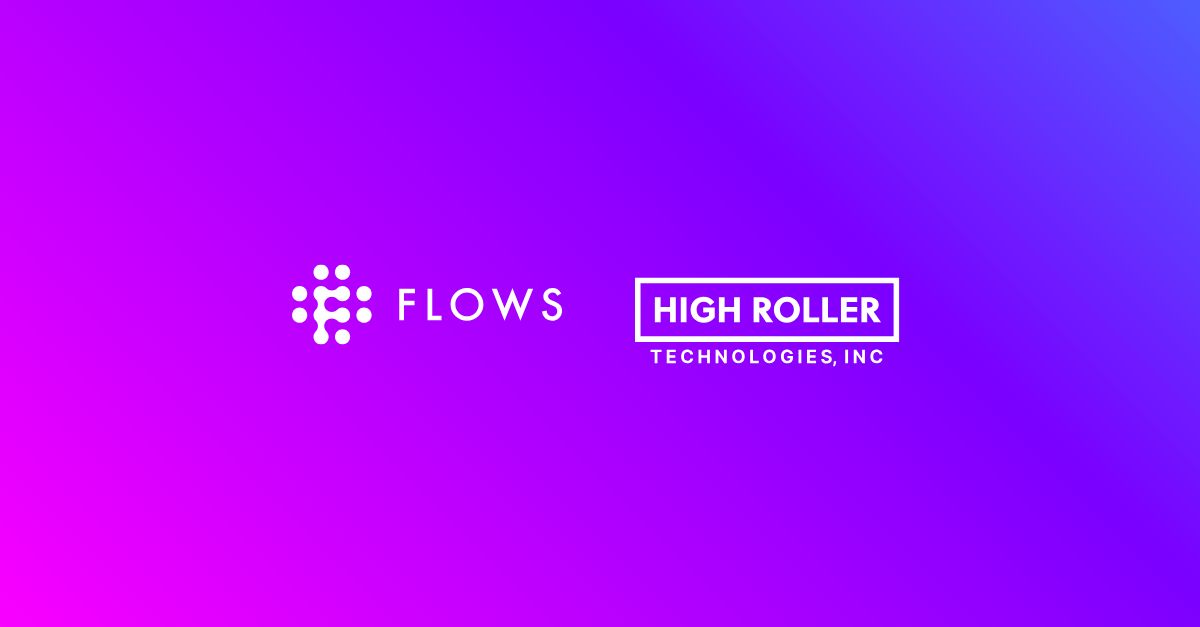
 Latest News7 days ago
Latest News7 days agoHigh Roller Technologies and Flows partner to launch player engagement experiences, with technical integration complete in record time
-
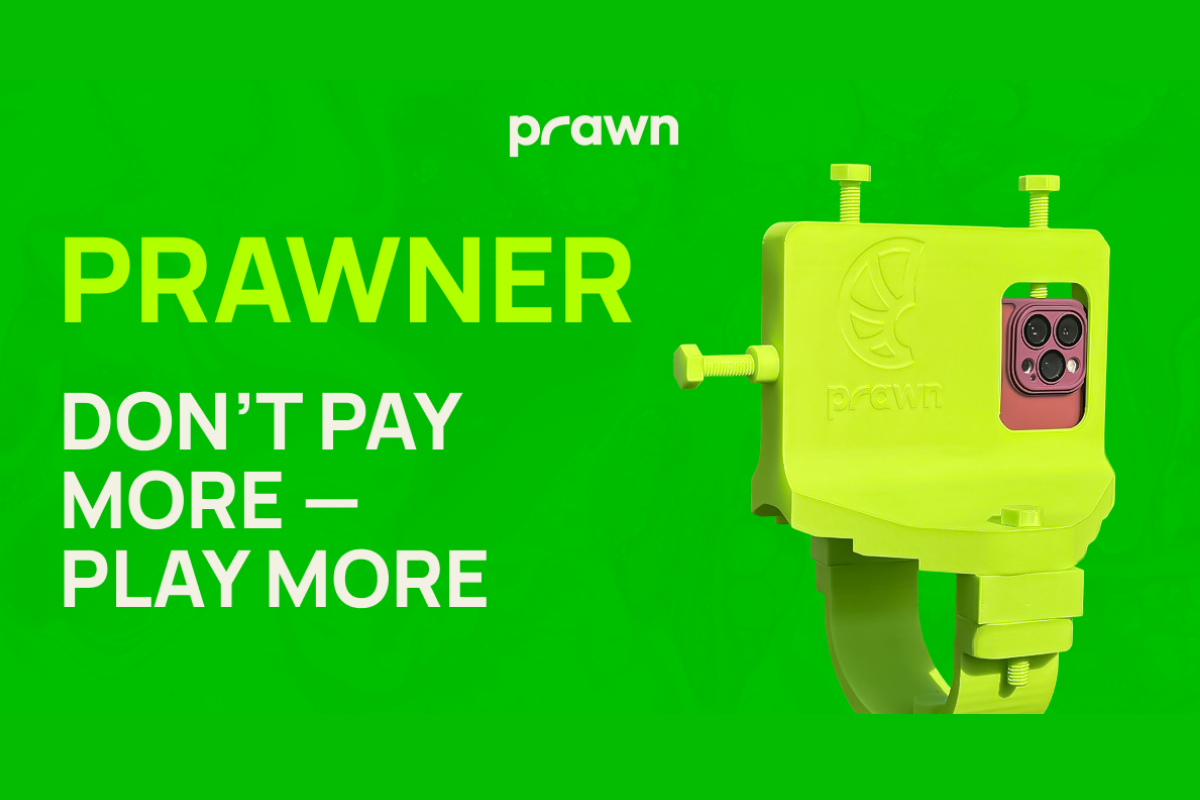
 Central Europe6 days ago
Central Europe6 days agoFootball Stats Startup Challenges Multi-Million Company With Free Publication Of Blueprints
-
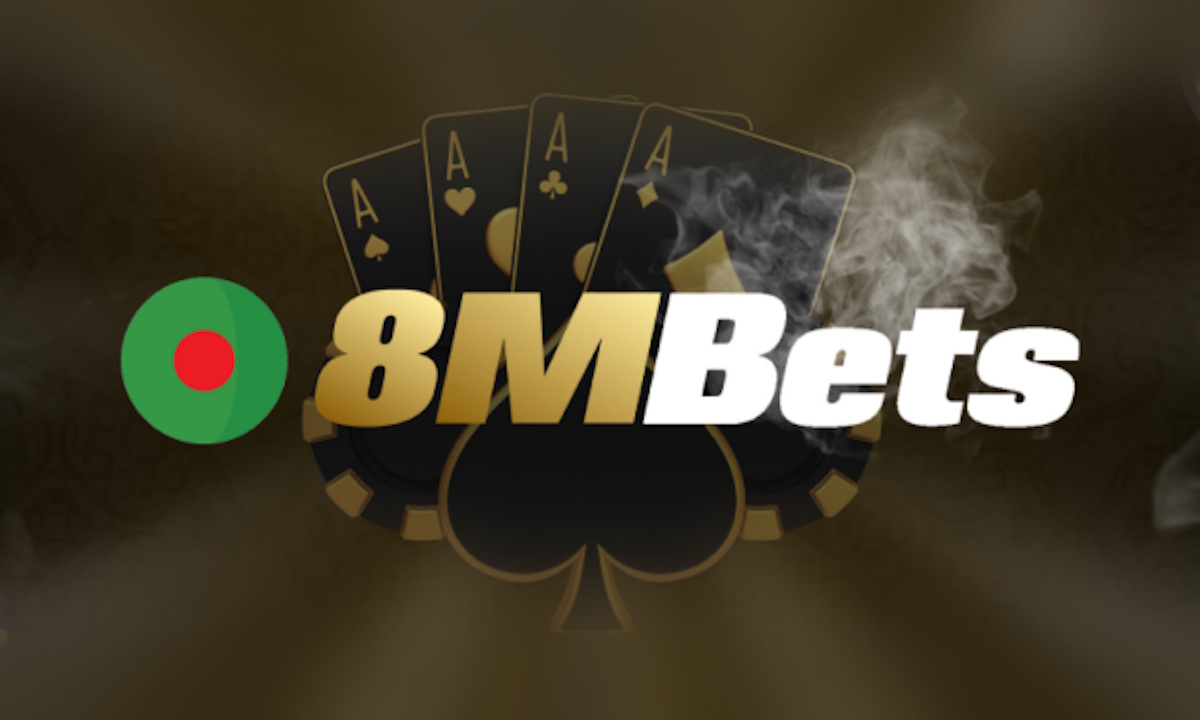
 Asia7 days ago
Asia7 days ago8MBets: Online Casino Bangladesh Announces a Mobile-First Upgrade Centered on its Casino App and an Expanded Game Lineup for Local Players
-

 Latest News6 days ago
Latest News6 days agoThe Current State of the German iGaming Market and Its Role in Europe
-

 Eastern Europe6 days ago
Eastern Europe6 days agoSYNOT Games Partners with WIN2









